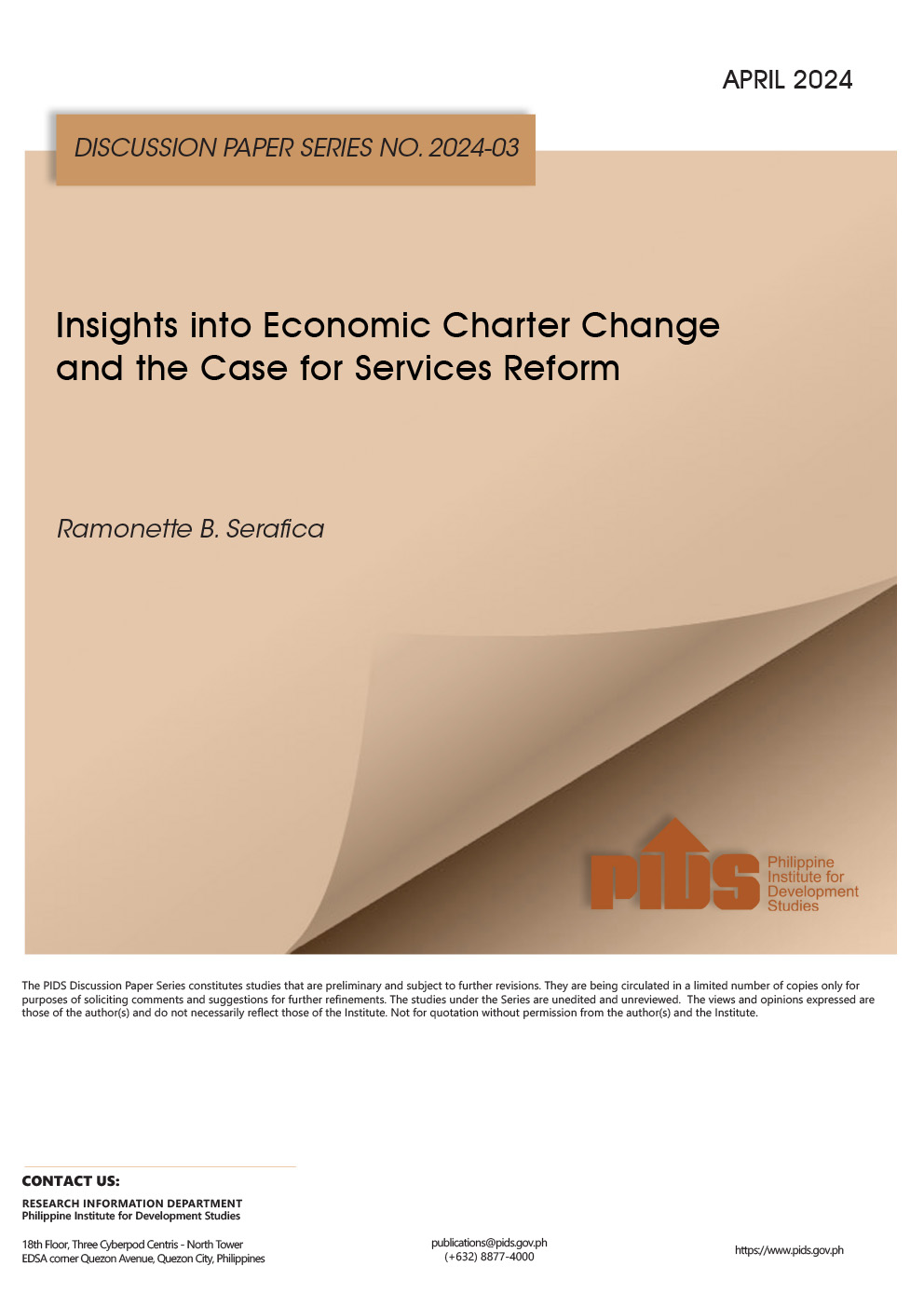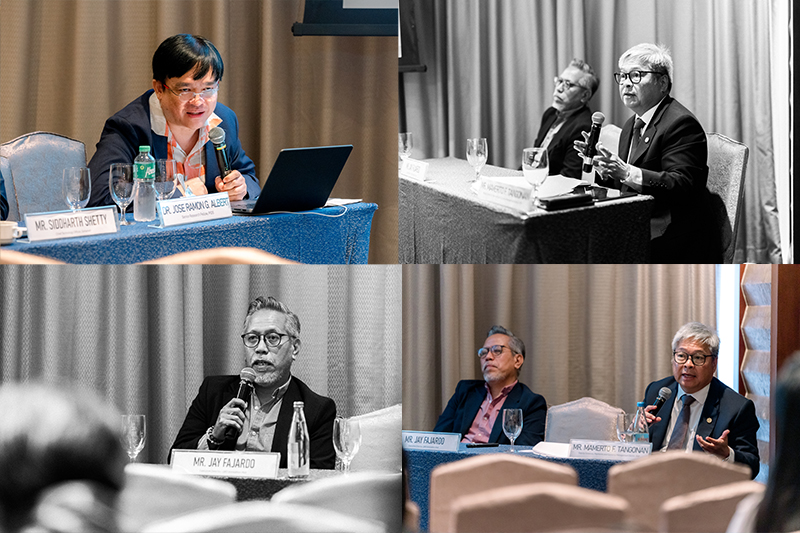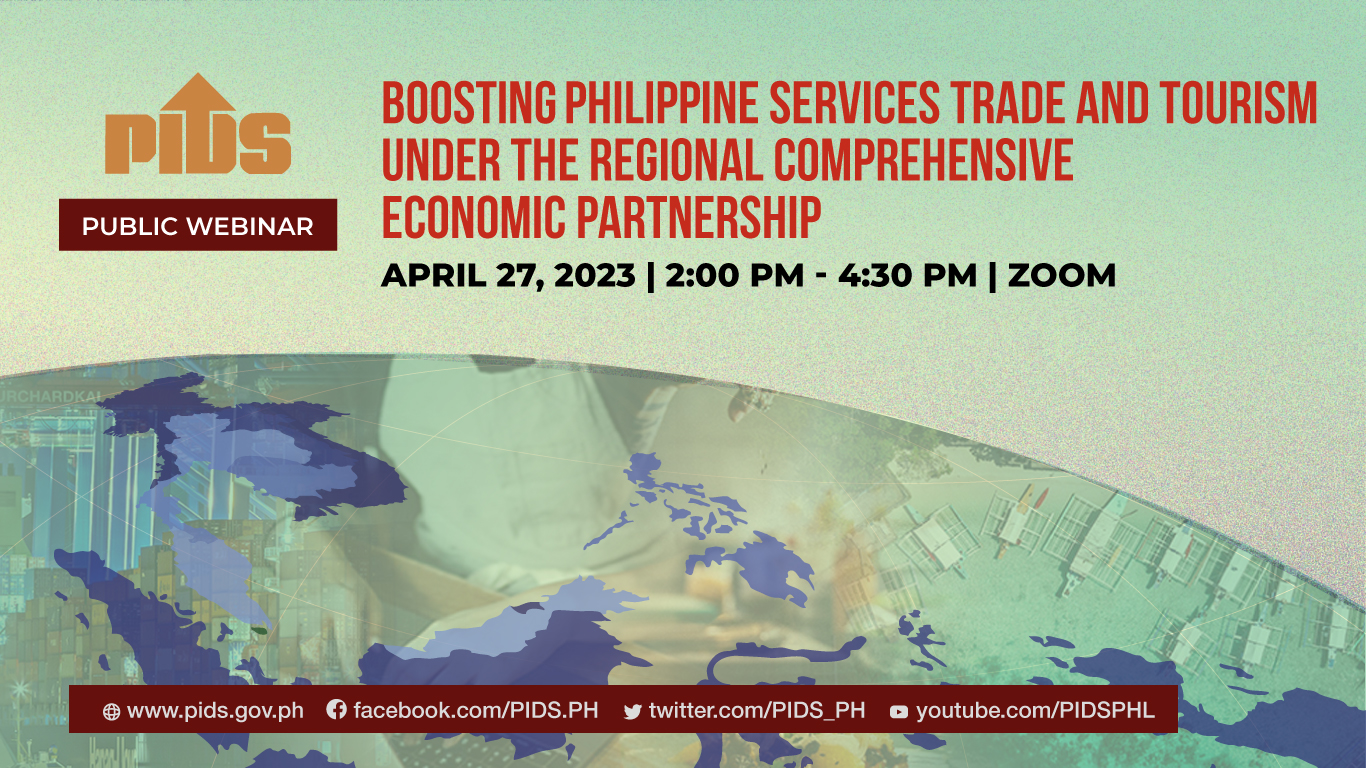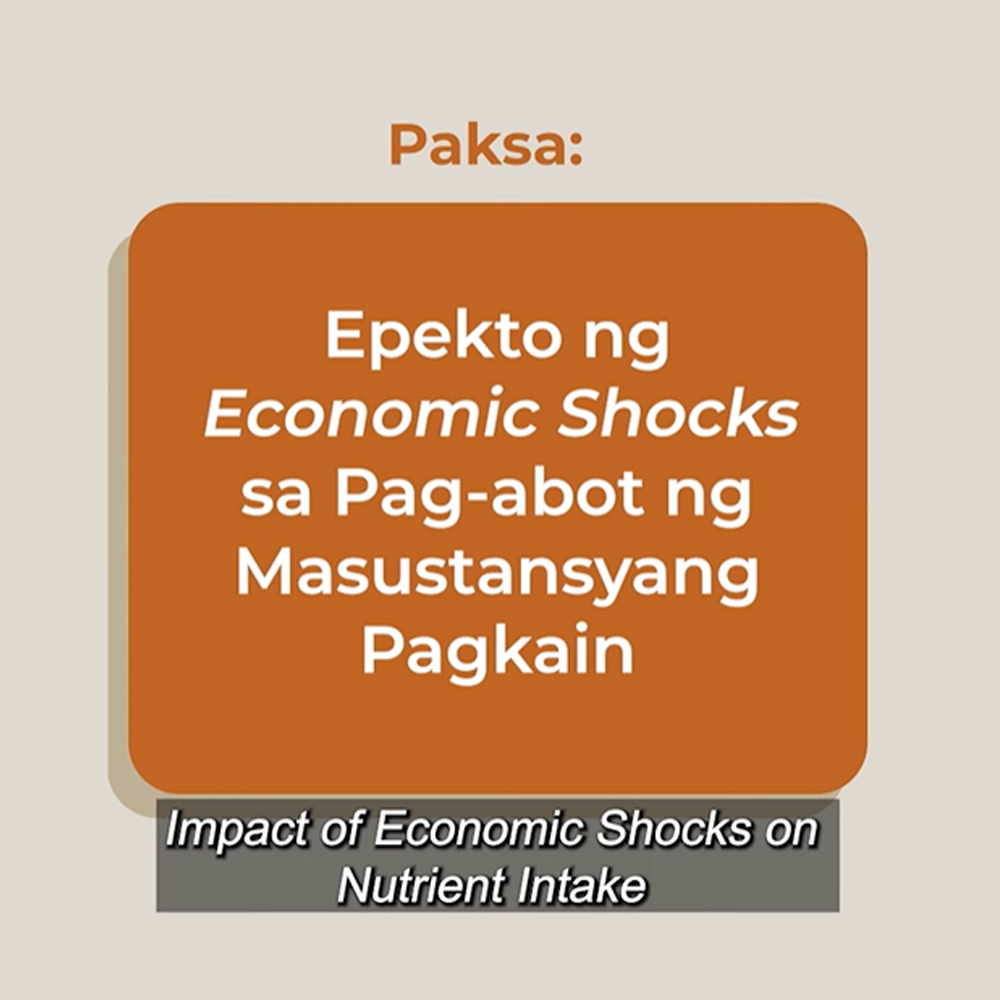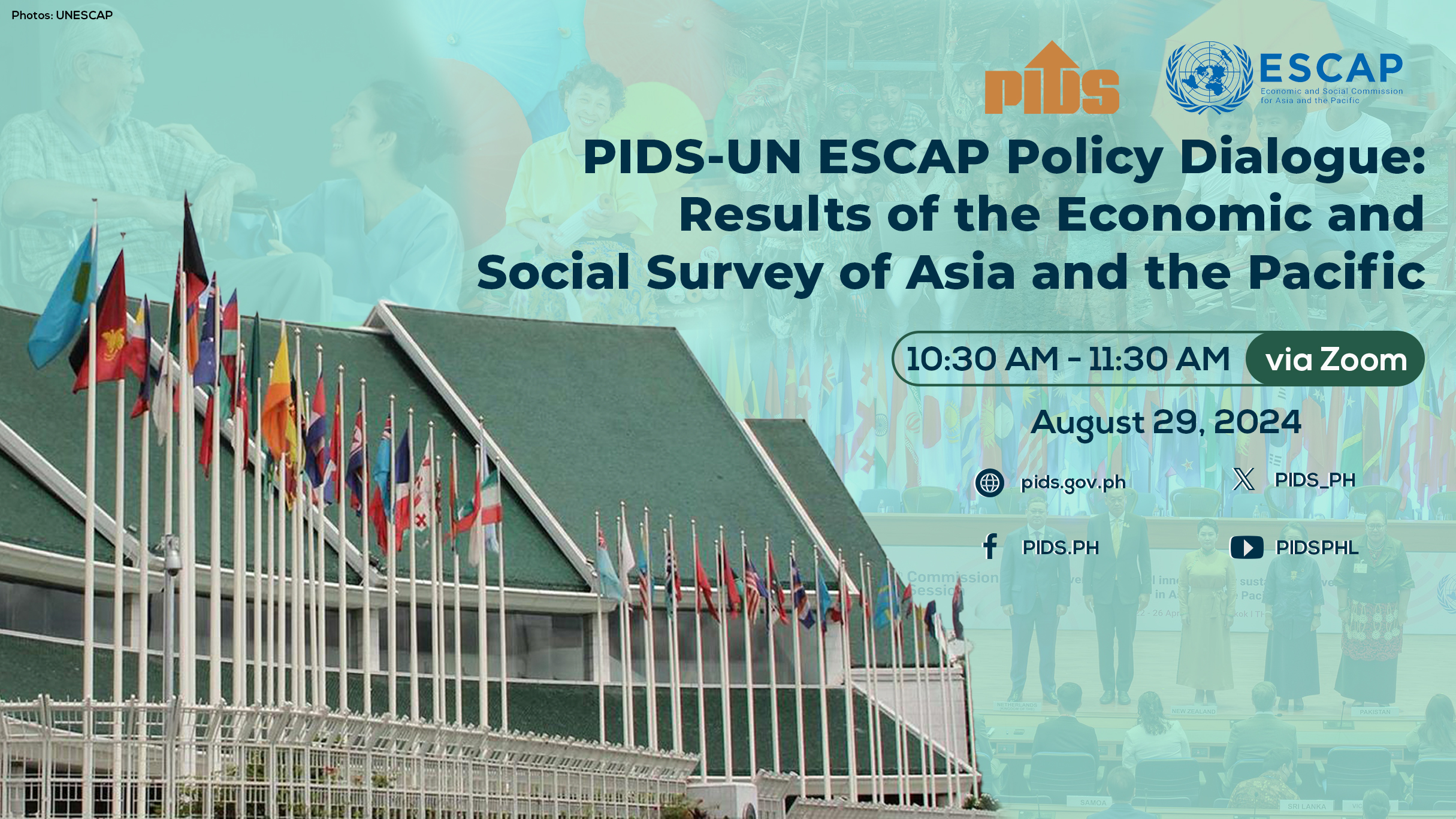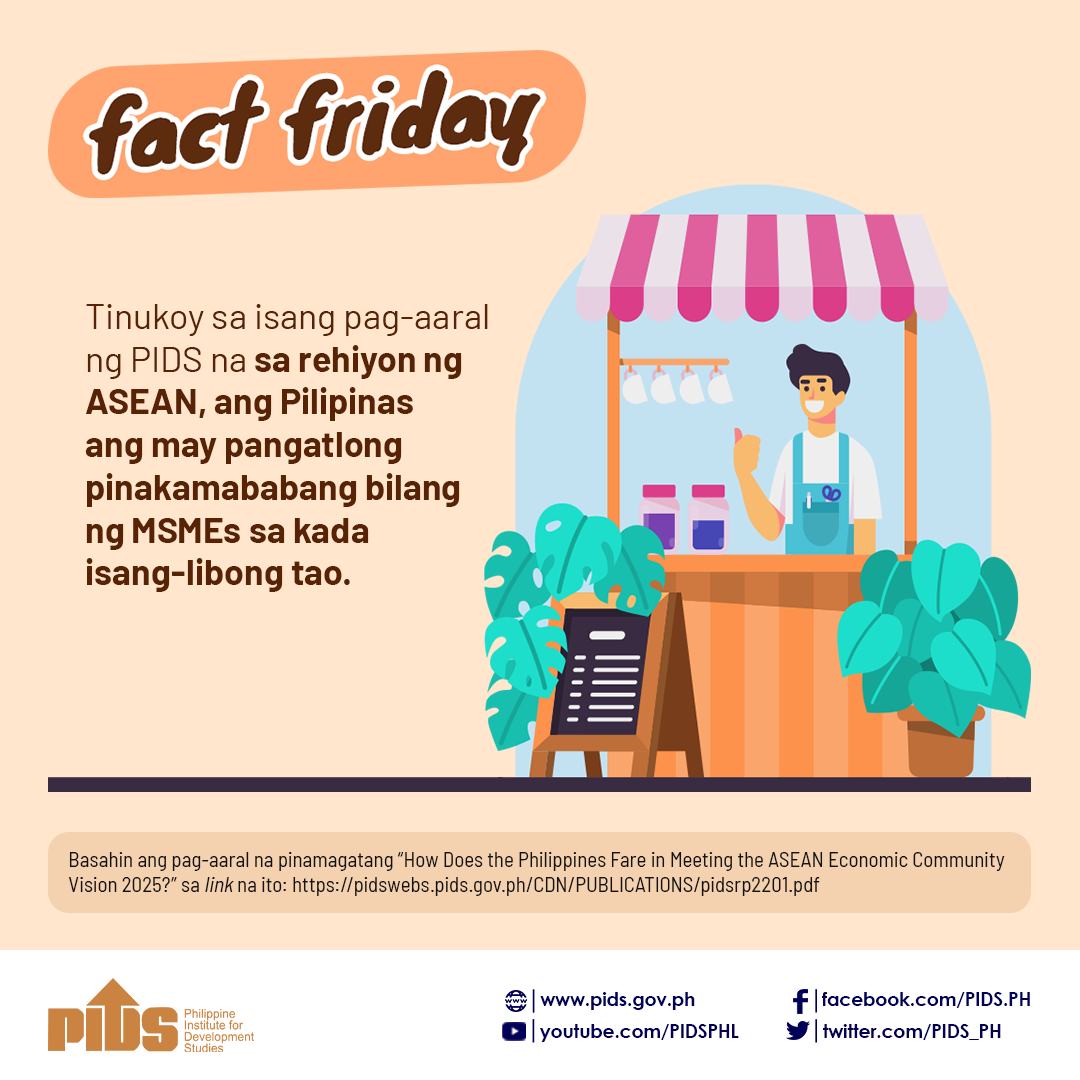President-elect Ferdinand “Bongbong” Marcos, Jr. has bared the names of the individuals who will lead his economic team. They are technocrats with a demonstrated track record of competence and credibility.
Notable among them are Dr. Arsenio Balisacan for the National Economic and Development Authority (NEDA) and Dr. Benjamin Diokno for the Department of Finance (DoF). They had previously served as top economic managers during the administrations of Marcos Jr.’s predecessors and are expected to steer the country’s economy toward the right path in the next six years.
There have been some improvements in the Philippine economy. The Philippine Statistics Authority (PSA) recently reported that the unemployment rate in April eased to 5.7% — translating to 2.76 million jobless Filipinos — while the underemployment rate fell to 14%, equivalent to 6.40 million Filipinos.
Moreover, according to the latest Consumer Expectations Survey of the Bangko Sentral ng Pilipinas (BSP), consumer outlook on the economy became less pessimistic in the first quarter of 2022 as the overall confidence index rose to -15.1% from -24% in the previous quarter. This sentiment was attributed to consumers’ expectations of the availability of more jobs and permanent employment, additional and high income, and effective government policies and programs in terms of quarantine restrictions, COVID-19 vaccines, and financial assistance.
Despite these, the new administration is about to face the enormous challenge of shouldering a record-high national debt of P12.76 trillion as of end-April. At the end of the first quarter this year, the national debt amounted to P12.70 trillion, which was equivalent to 63.5% of the country’s GDP. This is far from the pre-pandemic debt-to-GDP ratio of 39.6% in 2019.
Mr. Marcos Jr. has emphasized to the incoming chief of the Department of Budget and Management (DBM), currently BSP Assistant Governor Amenah F. Pangandaman to focus on the following sectors in the 2023 National Expenditure Program (NEP): agricultural and food security; climate change adaptation; economic recovery; improved healthcare and education; enhanced infrastructure projects including digital infrastructure; utilization of renewable energy sources; strengthened tourism and jobs creation; and sustainable development.
Last month, our institute launched the book entitled Beyond the Crisis: A Strategic Agenda for the Next President, which contained key recommendations in the areas of economy, governance, climate change, and foreign policy.
In his paper entitled, “Philippines: Pursuing an Investment-Led, More Sustainable Economic Growth,” former BSP Deputy Governor Diwa Guinigundo emphasized that “Unemployment and inequality following the pandemic could threaten the economy’s long-term prospects.” Hence, he urged the new government to shift to investment-led growth from growth that is driven by consumption and services.
Guinigundo stressed that this could be achieved by promoting an interrelated set of policy responses in the following areas: the role of good private and public institutions, the need for better physical, health, and digital infrastructure, green sustainable finance, and the appropriate legislative measures in attracting the right kind of investments.
“Increasing investments by improving the country’s investment climate can help the Philippine economy transition from the pandemic, mitigate its scarring effects, and establish the foundation for a healthier and more sustainable post-pandemic scenario,” he wrote.
“It makes a lot of sense to attract the right kind of investments that have the highest potential to attain higher levels of growth and sustainability,” Guinigundo added.
Meanwhile, Philippine Institute for Development Studies (PIDS) Research Fellow Dr. Charlotte Justine Diokno-Sicat noted in her paper, entitled “Building Back Better Towards Inclusive Growth with Innovative Public Sector Governance,” the need to strategize fiscal consolidation by balancing economic recovery through investments in infrastructure and human capital in order to spur inclusive growth.
Dr. Sicat also gave primary importance to the implementation of institutional and governance innovations across the public sector, such as investments in digitalization.
Indeed, there is a marked difference between the incoming administration of Rodrigo Duterte in 2016 and that of Ferdinand Marcos, Jr. in 2022. In 2016, the country did not come from a period of a pandemic and the economy was in the best of health with a robust economy, low inflation, high employment, and a low national debt. It is the exact opposite in 2022, which makes it challenging for the incoming administration of Mr. Marcos Jr.
The new administration will need all the help it can get just to get by until the end of this year and in the years that will follow.
It needs to pursue and attract more investments in the country to create jobs and livelihood opportunities, provide income, enhance productivity, and benefit the future generations.
With all the external pressures brought upon by the war between Russia and Ukraine, the tightening supply of oil, and the fiscal pressures around the world as a result of the pandemic, among others, the next six years will be crucial for all Filipinos and our country’s recovery. All sectors of society should actively participate, hold our new set of leaders accountable for their decisions, and keep focused on our all-encompassing objective of inclusive and sustainable economic recovery.

